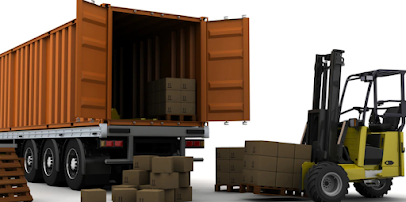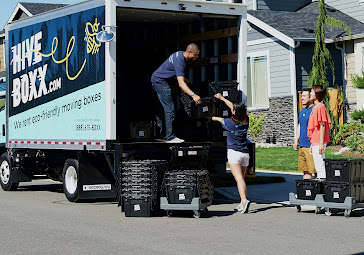What are the important tips for shipping your car?
The purpose of automobiles is to transport us. However, on occasion, such as when you are relocating across the country, your vehicle is the one that requires a lift. You're just one of many who need help understanding how to ship a car. The industry can be a little perplexing, and if you're not careful, you might find yourself stuck with a damaged car or an exorbitant bill.
This
guide to shipping your car was created as a result. Following this advice, you
should have a smooth journey from beginning to end.
Important tips for shipping your car:
●
Book early
Sometimes
you need your car to be shipped immediately. Perhaps you recently bought a car
from out of state and can't wait a week to get it. You might also need to
transport your vintage car across the country for a last-minute auto show.
Alternatively, you need to take quick action. Real life occurs.
However,
it would help if you plan your vehicle shipping as early as possible, whenever
possible. The timing of shipping a car is likely the main factor affecting
price, above and beyond distance and location.
How
early is early, then? Generally speaking, the best time to schedule your auto
shipment is 2-4 weeks before the ship date you want, though this will vary
depending on the company you choose. Auto shippers might have limited
availability or might charge significantly more if you try to make a
reservation in less than two weeks. If you need, you can also Rent a lorry for your convenience.
●
Research properly
Consider
the scenario where you need someone to transport your car across the country.
How do you choose the best business to handle the project? You can Send Car to Sarawak with the help of
proper research.
Booking
directly with a local or regional company is typically the most affordable way
to ship your car. However, this may necessitate more planning and study. Be
wary of offers that seem too good to be true. Brokers occasionally give you a
very low price quote, but when your car is delivered, you'll find yourself with
a hefty bill.
●
Pick the most reliable
company.
If
your son were 16 years old, you wouldn't give him the keys to your brand-new
Corvette. Why would you then give them to just any auto shipper?
Before
you sign a contract or pay a deposit, conduct final due diligence on the
vehicle shipping companies or brokers you've received quotes from.
When
choosing a reputable car shipping company, keep the following in mind.
●
Examine the comments: See what other customers say about the
business by reading reviews on Yelp and other online sites.
●
Acquire recommendations Consult your moving company or a
business relocation specialist; they frequently have connections to reliable
auto transport firms.
●
Pay attention to unusual payment methods, such as wire transfers
or large deposits: Most trustworthy businesses demand minimal or no deposit at
all. It is typical for a company to favor cash payments upon receiving the
vehicle.
●
Prefer enclosed
transport
You
should probably save money and choose open transport if you're moving
cross-country and only need to get your family car to your new home. Although
there are some risks (hail damage, rock chips, bird droppings, etc.) for your
vehicle, they are minor, and the likelihood of damage is low. People shipping
valuable sports cars or rare classic cars typically use enclosed transport.
●
Check out the
insurance coverage.
Being
in the middle of a move makes thinking about insurance the last thing on your
mind. However, it's worth your time to confirm the insurance coverage provided
by your auto shipper, just as you would with moving insurance.
Most
businesses will have insurance that ranges from $50,000 to $100,000. That might
be sufficient for your 2015 Ford Escape, but it might be for something other
than newer, more upscale vehicles.
●
Clean your car to ship
We
are not here to enforce the order. It's your business what greasy fast-food
containers and empty soda bottles you have stashed under your seat.
However,
if the car is messy, it will be much more challenging to perform a pre-trip and
post-trip inspection. You and the carrier agree on the car's condition during
these inspections so that any damage during transport can be tracked.
Although
you are not required to detail your entire vehicle, some carriers may decline
to transport it if it is too dirty.



Comments
Post a Comment